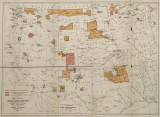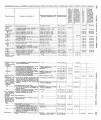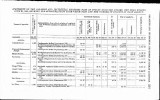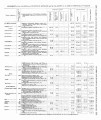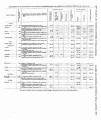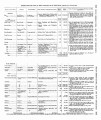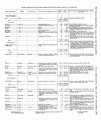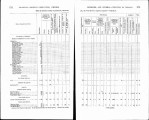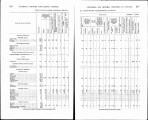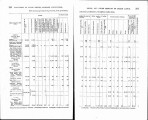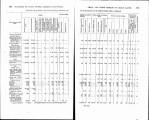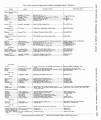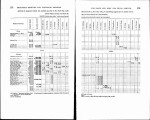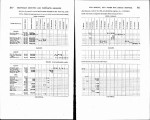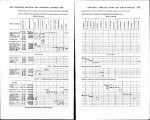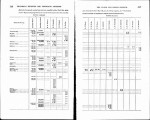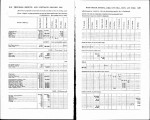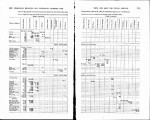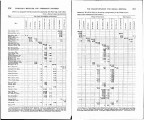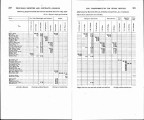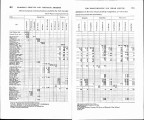| Title |
Annual Report of the Commissioner of Indian Affairs - 1881 |
| Subject |
Indian reservations; Federal government; Indians of North America; Maps; Work; Land use; Allotment of land; Treaties; Agriculture; Timber; Health; Indians of North America--Social life and customs; Water rights; Natural resources; Crime; Culture; Employment (Economic theory); Alcohol; Annuities; Religion; Livestock; Education; Indians of North America--Education; Indigenous peoples--North America |
| Keywords |
Annual Report; Indian Agency; Reservations; Indian; White Relations; Resources; Land Rights; Allotment; Native Americans |
| Publisher |
Digitized by J. Willard Marriott Library, University of Utah |
| Tribe |
Ute |
| Language |
eng |
| Description |
Excerpts concerning Utah from the Annual Report of the Commissioner of Indian Affairs - Courtesy of the University of Wisconsin Digital Collections. Commissioner of Indian Affairs Hiram Price provides descriptions regarding demographics of Indian reservations, conflicts between Indians and whites (especially with the U.S. military), and expenditures associated with furnishing Indian agencies with supplies. Heads of various Indian agencies submit reports regarding the efficiency of their employees. Colorado's Southern Ute Agent submits a report regarding affairs on their reservation. The Uintah Valley agent discusses farming, stock raising, and school performance |
| Type |
Text |
| Coverage |
Uintah and Ouray Indian Reservation (Utah); Utah; Washington (D.C.) |
| Format |
application/pdf |
| Rights |
Digital Image © 2011 America West Center. All Rights Reserved |
| ARK |
ark:/87278/s6p58j5b |
| Creator |
Commissioner of Indian Affairs; Price, H.; Critchlow, J.J. |
| Date |
1881 |
| Spatial Coverage |
Uintah and Ouray Indian Reservation (Utah); Washington (D.C.); Utah |
| Setname |
uaida_main |
| ID |
370044 |
| Reference URL |
https://collections.lib.utah.edu/ark:/87278/s6p58j5b |

